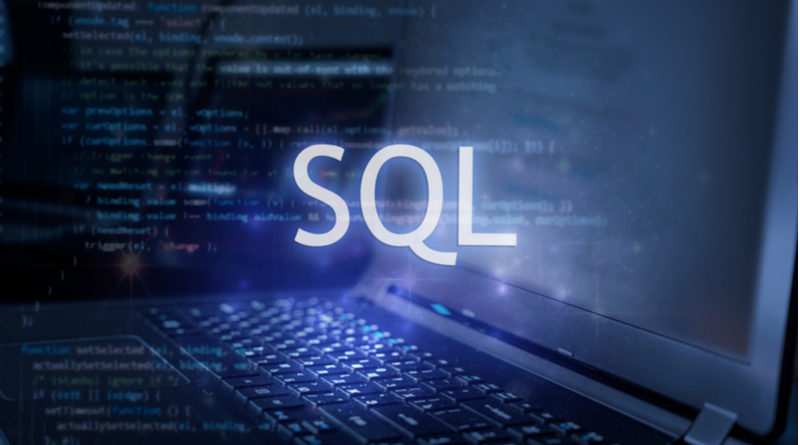SQL Courses
Considering SQL Courses?
SQL is one of the most in-demand skills for business analysts, data scientists, and anyone who works with data, analytics, or business intelligence.
SQL is a programming language that allows a user to pull, edit, or add data from a database when they need it. With SQL you can create databases and tables, select specific pieces of data, make changes, remove data, and more.
Employers are seeking out individuals who know SQL because of how vital their knowledge can be for a business. If you think of any question a business owner may ask about the way their business is operating, databases and SQL can get these answers quickly, accurately, and efficiently in the form of data and reports. You can now have all of the information about a business at your fingertips and can make important business decisions based on facts
So much of our business is now digital which makes SQL an incredibly important and valuable skill that many employers desire. The great news is that there are many SQL courses currently available for you to get started.
About SQL
SQL (Structured Query Language) is a standardized programming language that is primarily responsible for managing data and data structures contained within a relational database management system. SQL is the language you use to interact with data inside of a database.
Data has been a part of our daily lives for centuries and we have gone from storing data on paper in filing cabinets to storing data online in digital databases – but finding particular data or information within these digitized databases is not as simple as opening a filing cabinet drawer. For searching databases SQL (or Structured Query Language) plays an important role.
Relational databases consist of a collection of tables, each table has a defined set of columns and rows containing data, each row is called a record. The data between tables can be related to each other and this is why they’re called relational databases.
To find specific data, users cannot just enter a database to sift through its contents because the data is written and stored in a way that human users cannot understand – but SQL can. SQL is easy for users to read, write, and understand so we use SQL to communicate with databases and request the information we want, arranged in a way that we would like it arranged.
SQL syntax is fairly simple and is comprised of commands as written statements such as, “create table” or “alter column” which makes it an easy programming language to learn and be able to write.
There are four basic operations that SQL can perform: INSERTs, SELECTs, UPDATEs, and DELETEs (these are sometimes referred to as CRUD operations – create, read, update, and delete).
SQL can be used to modify database table and index structures, add, update and delete rows of data and retrieve subsets of information from a database for transaction processing and analytics operations.
What Will I Learn?
- You will learn to create tables and databases and learn about constraints on data entries.
- You will learn about relational databases and data operations.
- You will learn to perform data analysis.
- You will learn the basics of SQL syntax and commands and how to read and write data queries.
- You will learn about advanced queries, string operations, and comparison operations.
Career Opportunities
After completing your course in SQL you could have a career as a SQL Server Developer, Business Analyst, Data Scientist, Software Engineer, Net Developer, Systems Administrator, Database Administrator, Quality Assurance Tester, Researcher, Educator, or Journalist.
If you’re serious about doing a SQL course, check out courses near you in the Nightcourses.co.uk national course finder.




